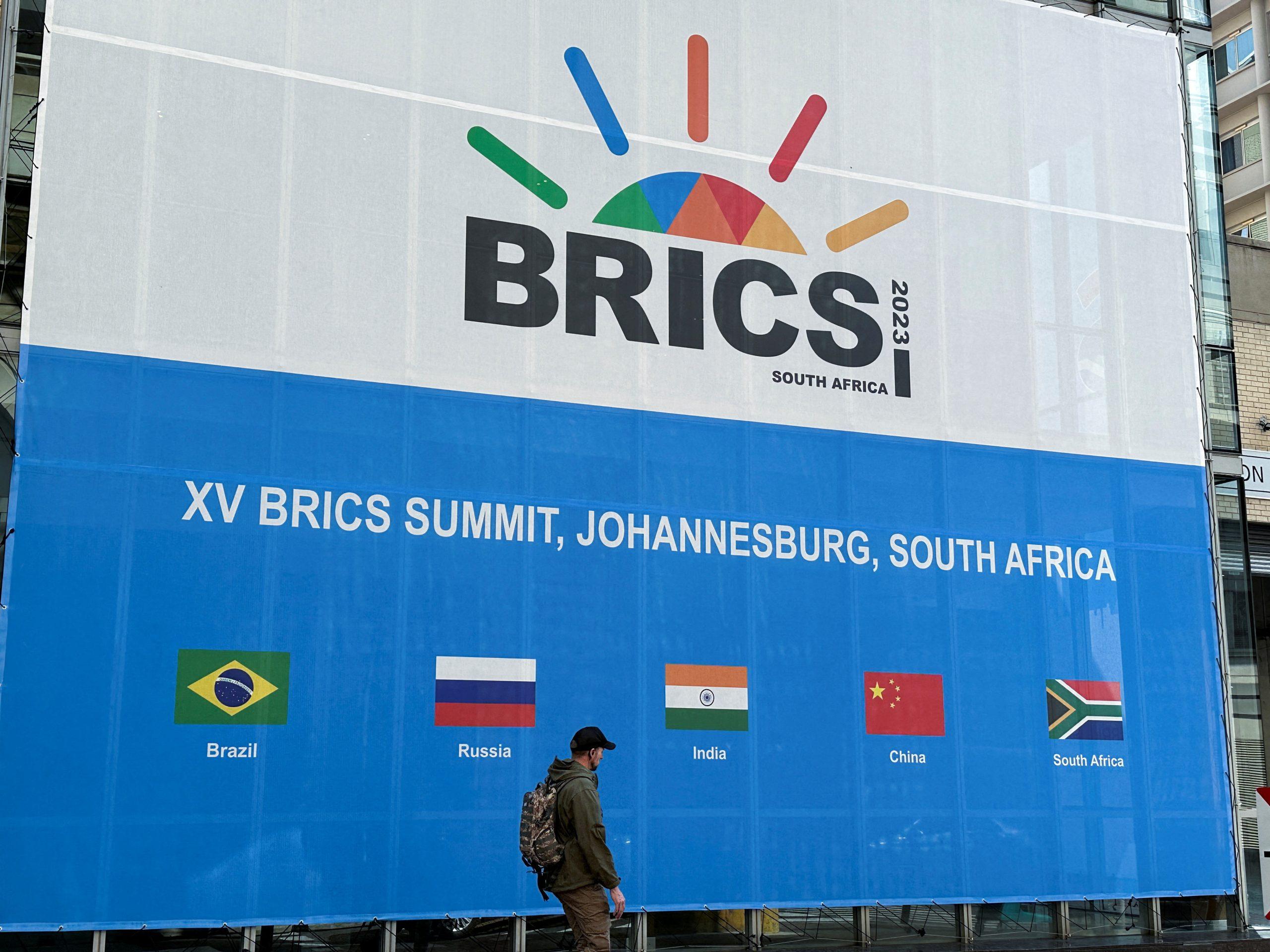In a significant geopolitical development, the BRICS alliance, comprising Brazil, Russia, India, China, and South Africa, has announced the inclusion of six new member countries. This expansion marks a notable shift in the alliance’s composition and has the potential to reshape the dynamics of global cooperation.
BRICS’s New Members: Bridging the Global South
President Cyril Ramaphosa of South Africa, the host nation of the recent BRICS summit, made a historic announcement on August 24th, revealing the names of the new entrants to the alliance. The expanded BRICS now welcomes Argentina, Iran, the United Arab Emirates, Saudi Arabia, Ethiopia, and Egypt into its fold. This move not only diversifies the alliance but also provides a platform for emerging economies from different regions to align their interests on the global stage.
Geopolitical Significance and Intentions
This expansion was not a sudden development but rather the result of a well-considered decision. Official sources had previously indicated that BRICS was in the process of extending invitations to potential new members. This strategic move carries the potential to forge connections with nations eager to collaborate within a coalition dedicated to advancing the concerns of the “Global South.”
Unity Amidst Diversity: BRICS’ Vision
The BRICS summit saw South African President Ramaphosa extend an invitation to Indian Prime Minister Narendra Modi to address the assembly. PM Modi, in his speech, threw his weight behind the expansion initiative while advocating for a more balanced and inclusive “multi-polar” world order. He also took the opportunity to highlight India’s remarkable strides in space exploration and research, emphasizing its commitment to technological advancements.
Complexities of Inclusion: Pakistan’s Absence and China’s Stance
China’s prior push to include Pakistan within the BRICS alliance had introduced a diplomatic quandary, adding complexity to the proceedings. China’s reasoning behind this proposition stemmed from its belief that BRICS should encompass a wider membership to represent a broader range of developing nations. However, this idea faced resistance, particularly from India. The opposition was rooted in concerns that an enlarged BRICS could dilute the alliance’s core objectives and potentially weaken the consensus among its original members.
India’s Evolutionary Stand
India’s position on expansion has undergone an evolution. Initially cautious, India had opposed the broadening of BRICS’ membership, highlighting apprehensions about straying from the alliance’s core goals and eroding established consensus. Even attempts by Belarus to join had faced opposition from New Delhi. However, in a marked shift, PM Modi, on August 23rd, advocated for the consortium’s enlargement. He underlined India’s strong commitment to fellow nations in the Global South, aligning with its tenure as the head of the G20 presidency.
Find More International News Here



 Indian Olympic Medal Winners List Till N...
Indian Olympic Medal Winners List Till N...
 Who is the Inventor of the Gramophone?
Who is the Inventor of the Gramophone?
 HS Dhaliwal Appointed New DGP Of Andaman...
HS Dhaliwal Appointed New DGP Of Andaman...
